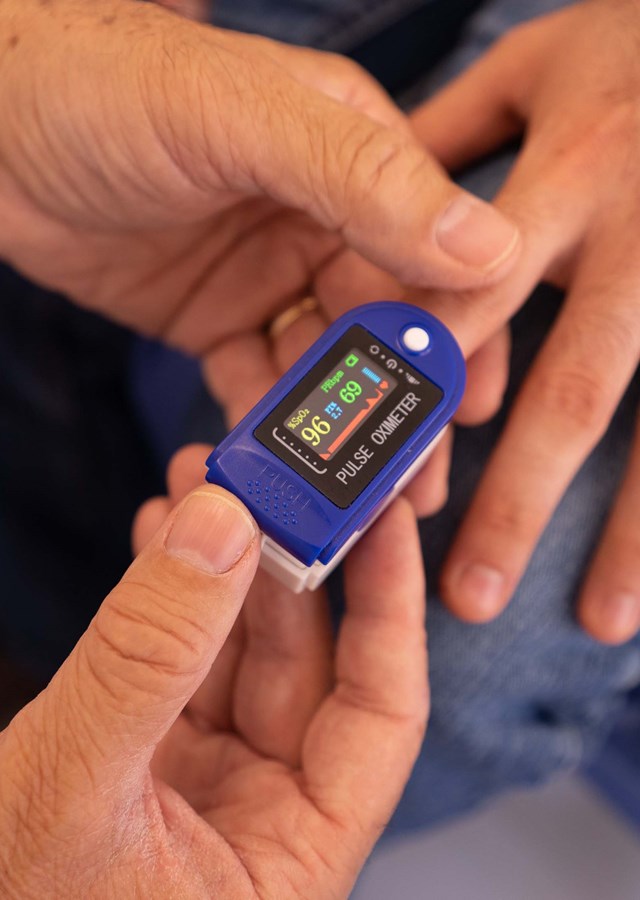What is heart disease?
Heart disease includes conditions that narrow or block blood vessels (coronary heart disease). This can lead to a heart attack, angina and some strokes. Heart disease also covers conditions that affect your heart's muscles, valves or cause abnormal rhythms.
What are the symptoms?
Symptoms of heart disease vary based on what condition you have and can include:
- chest pain
- pain, weakness or numb legs and/or arms
- breathlessness
- very fast or slow heartbeat, or palpitations
- feeling dizzy, lightheaded or faint
- fatigue
- swollen limbs
Who is at risk?
Heart disease is a concern for everyone. Research suggests there are just over 2.6 million people living with the condition in the UK. The older you are, the more likely you are to have heart disease. It affects about 1 in 4 men and 1 in 5 women aged 75 and over.
Risk factors for heart disease include: smoking, being overweight, having high cholesterol or blood pressure and having diabetes. Look out for warning signs such as: chest pain, feeling sick, arm, jaw or back pain, feeling sweaty, and extreme tiredness.
What can I do to prevent heart disease?
Check out the British Heart Foundation’s 10-minute challenges for some easy ways to improve your heart health. Quitting smoking, cutting down on alcohol, and eating a healthy diet high in fruits and vegetables and low in salt and saturated fat can all help to reduce your risk of developing heart disease.
Find out more about heart disease.
If you're worried about your physical health, mental health or wellbeing, get in touch. You can call us free on 08081 311333 or chat with us online.






